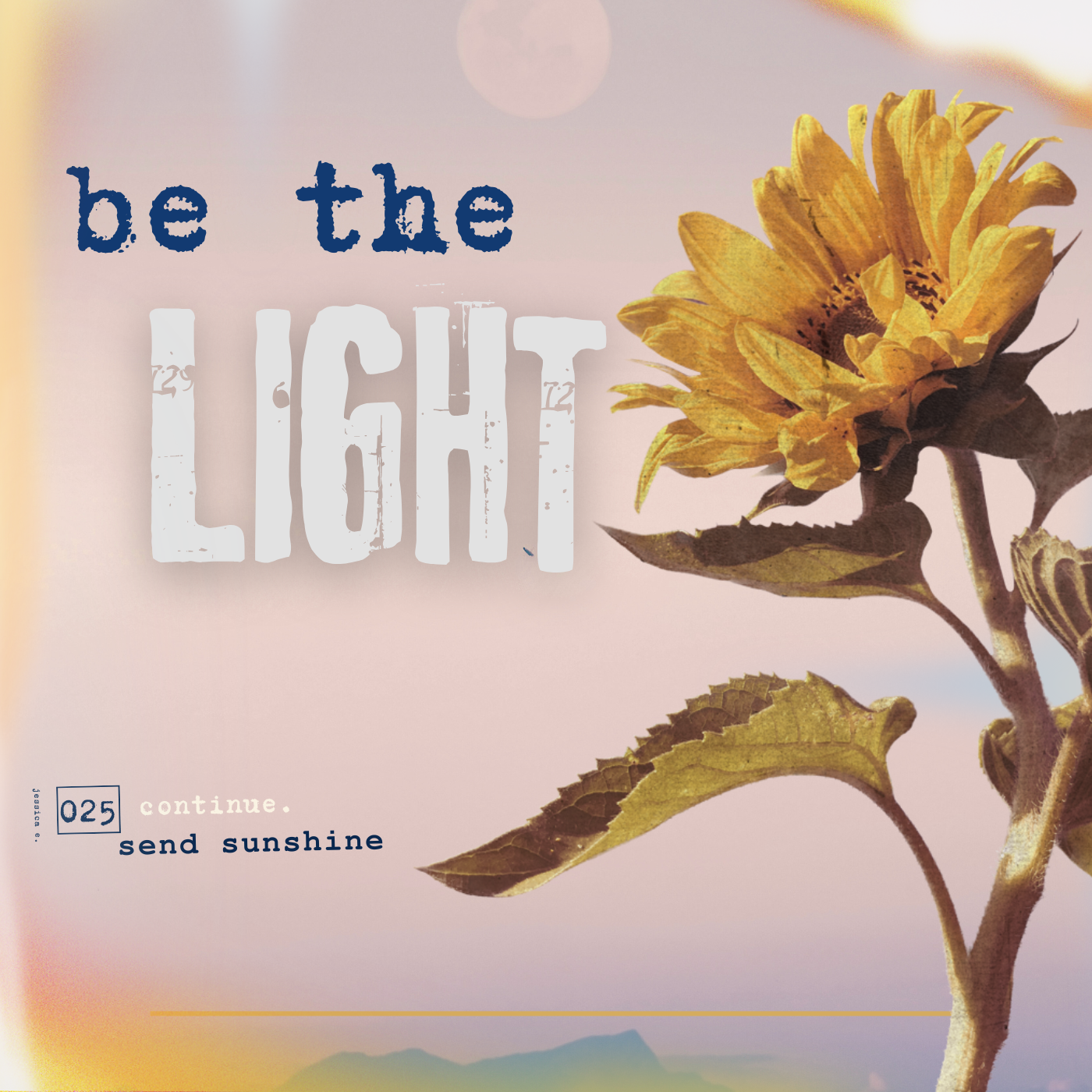I made a reference on my likebook
page to “pop music pablum.” The only explanation I gave was: music “pared down
and pureed to death.” I’m guessing that some will see it who aren’t quite sure
what I’m getting at, and might even feel insulted.
I think I’m borrowing the term from Frank Zappa. I think he
compared pop music to baby food because, within the great realm of musical
possibility, mainstream music purveyors
stick to a very narrow field; songs that are structurally simple, repetitive
and formulaic (baby formula?) and within a very limited selection of chord
combinations and patterns. Obviously Zappa had a deep mind musically, which had
the capacity to appreciate – not just theoretically but to really dig – unusual structures in music. He
had an unusual maturity of mind in this regard.
Here’s an example in the extreme: Twinkle Twinkle Little
Star is an awesome kiddie song. It is so simple it is accessible to just about
any baby brain. But we grow out of it because it is just too simple for most of
us and thus gets very old very fast. I think that Zappa is suggesting that pop
music has moved only inches beyond the Twinkle Twinkle Little Star level based
on a scale of music maturity that many of us don’t “get.” And I don’t think he
was trying to be elitist about it. I think he felt that if the pop music
executives and intelligentsia would widen their repertoire, that the minds of
the public would grow.
But major record labels and radio stations, like any
corporation of course, embrace the world domination greed mentality. Keep
everything as accessible as possible – in order to reach the widest market
quickly and please the shareholders.
For some reason, as a kid, I got intrigued by the band,
Rush, who’s music, at least that from most of their various incarnations over
the last forty years, is not immediately accessible to the masses. But they’re
very very good at their own game, and thus are popularly considered the world’s
biggest cult band. Rush stretched my mind enough to appreciate their unique
music and the reward has been incredible. Their music moves me immensely and
never gets old. Their songs never go stale. The huge grassroots popularity of
early album 2112, in spite of corporate and critical derision, won them a rare
immunity from label interference. This was only possible because of rare
courage. They obeyed their creative yearnings instead of the man with the
chequebook (to their own demise, they assumed). But surprise: they got lucky.
Or were just that good. Or both.
Neo has a deep Zappa-like mind. He especially, but also
JazzLion, have pushed my brain even further, as I have opened up to
neo-psychedelic and jazz music for examples. Again, I am slower to absorb this
stuff but then its impact is much greater. People stuck strictly in the pop
world perceive, I believe, that the songs of other genres are not “catchy” and
don’t have the magic that keeps your foot obliviously tapping.
But they are. And they do. Just not immediately (for this novice anyway). You invest
time getting to know the song and the investment is worth it. You get a lot
more back. There is a timeless component to music appreciation. You’re not
simply enjoying the precise sound component which last entered your ear, one
component at a time. You like the stream you’re hearing, in part because of how
it interacts with the stream that came before it, and in part with the stream you
know – or predict – will follow. At least that’s how it seems to me. It’s
slippery to talk about music appreciation considering it mostly goes on in the
secret depths of the subconscious brain. Right? It’s not like we get to choose
our ear-worms. Not with perfect authority anyway.
Pop songs become predictable half-way through the first
listen. Hence wide, shallow appeal. Twinkle Twinkle Piles of Cash.
So that’s what I mean about pop music being pared down.
What I mean about it being pureed
is how all the lumps are taken out. Every apparent blemish is removed from pop
songs. Everything is metered and tuned to robotic precision. These days I hear
the radio and usually all I hear is computers. Sometimes I half wonder if
computers are actually concocting the songs. Not that computers shouldn’t be used
as an honest musical tool.
I think it was Tom Petty, in a documentary, who said that
music is not supposed to be perfect. Perfection takes the humanity out of it. It
takes the experience out of it. And you will hear other pop musicians complain
about the paring down if you can catch them at an unguarded moment. I think
most of them would rather be more creative and making more experimental music
if only agents and executives would let them.
So I don’t mean to insult pop musicians. I think they mostly
get taken advantage of and regret where they end up, unless money and attention
is their only bag, of course. And I don’t mean to insult radio listeners. I
listen to pop songs too and I enjoy a good lot of it – in a simple easy way.
But there is so much more to the world of music and it serves us well to ignore
the pop scene as any kind of standard to aspire to. But by that, am I saying
that American Idol is a steaming pile of poo?
Well, yes.
Just don't ask me how many times I've watched the Susan Boyle moment on youtube... ;)









































No comments:
Post a Comment